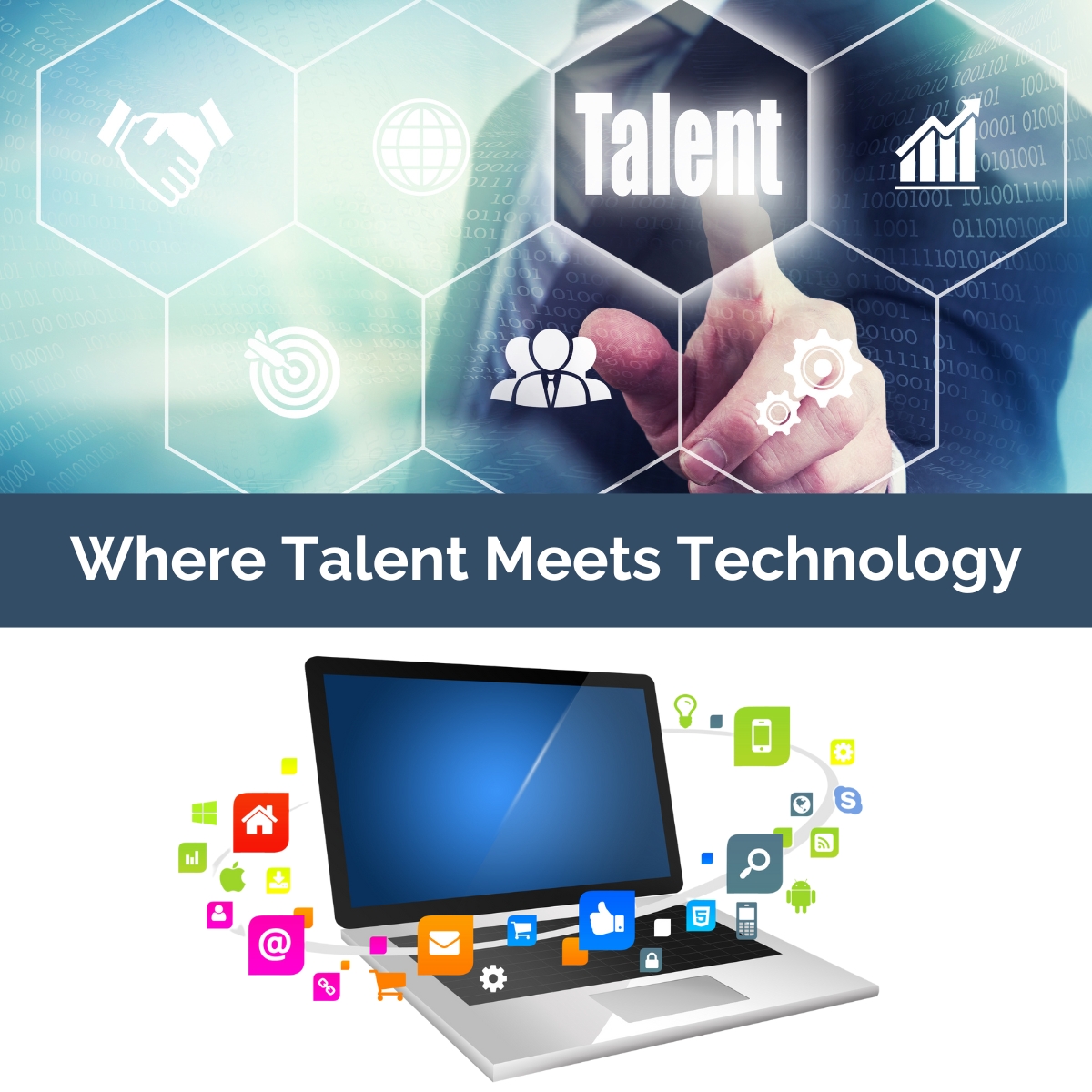There’s no denying it: AI and automation are transforming the way family offices work. Tasks that once took hours — transaction categorization, cash flow analysis, even early tax projections — can now be streamlined with a click. These tools are powerful, and their potential to reshape the administrative side of wealth management is immense.
But here’s the cautionary tale: automation without context is dangerous.
Data can be accurate but meaningless if it isn’t translated into the right decisions. Families don’t want to know that “the system reconciled 98% of transactions.” They want to know if they can buy the property, fund the foundation, or distribute wealth fairly across generations.
Where AI and Automation Add Value
Used thoughtfully, AI and automation can:
- Eliminate repetitive manual tasks that eat up staff capacity.
- Improve accuracy in reconciliation and reporting.
- Provide real-time visibility across multiple accounts and entities.
- Free up time for families and advisors to focus on strategy and planning.
For families, this means faster answers to key questions, fewer bottlenecks in reporting, and a clearer picture of their financial position.
The Limits of Automation
While automation can streamline processes, it cannot replicate judgment, context, or emotional intelligence. For example, software may highlight a variance in monthly expenses, but it cannot understand whether that change represents an intentional family choice, an unexpected medical expense, or a shift in philanthropic priorities. Similarly, technology might identify a liquidity crunch, but it takes a human perspective to decide whether to defer a project, reallocate investments, or explore financing options.
What AI can’t do is apply human judgment. Technology doesn’t understand family dynamics, legacy priorities, or the nuance of balancing liquidity needs with philanthropic aspirations. These are the moments where the Integrator role becomes essential.
At White River Consultants, we often see families adopt technology only to discover that the output — while technically correct — doesn’t align with how they make decisions. Without a human filter, automation risks producing noise instead of clarity.
The Role of the Human Touch
The best family offices use technology to create time and space for meaningful human judgment. Instead of being buried in spreadsheets, families should be able to engage in conversations about goals, trade-offs, and opportunities. Technology provides the data while humans provide the wisdom.
An Integrator ensures that the story behind the numbers is clear. They translate outputs into insights that matter, turning “data” into decisions.
Striking the Balance
The future of family offices lies not in choosing between automation and people but in balancing the two. Technology should handle the heavy lifting, while human expertise ensures that actions align with values and strategy.
Families thrive when:
- Automation provides clean, reliable data.
- People frame that data in the context of family goals.
- Systems are integrated to reduce duplication and confusion.
Call to Action
At White River Consultants, we help families and advisors find that balance. We design systems where automation supports clarity, not confusion, and where people remain at the center of decision-making.
If your family office wants to embrace technology without losing the human touch, let’s talk. We’ll help you build a structure where data fuels clarity — and clarity always drives better outcomes.






